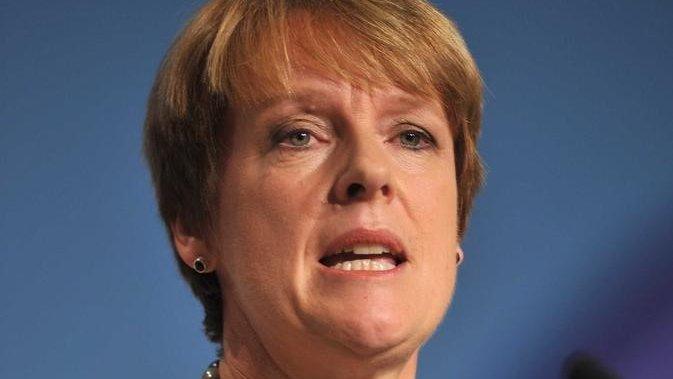Suffragettes and shortlists 'boost to women in politics'
- Published
Ann Clwyd said she was "very proud" to have known suffragette Leonora Cohen
There would be fewer women in parliament without all-women shortlists, according to a Labour MP.
Cynon Valley MP Ann Clwyd said voters treated women candidates the same as men, but getting selected was difficult before Labour changed policy in 1993.
She made the comments while paying tribute to suffragette Leonora Cohen, who backed her first election campaign.
"If they had not fought so hard, and died, for the vote, there wouldn't be many women in this place," she said.
Speaking to BBC Wales to mark the centenary of the first votes for women, Ms Clwyd said: "When I first came here from the European Parliament [in 1984], of course there were very few women overall.
"Now the scene has changed, which I think is mainly due to the all-women shortlists.
"We would never have seen that increase if women hadn't been given that additional help."
Labour introduced all-women shortlists at its 1993 annual conference and used them to choose candidates in half of all winnable seats for the 1997 general election, which saw the party regain power after 18 years in opposition.
Mrs Clwyd said that if women made it onto the shortlist, the electorate treated them in the same way as they treated men - "but getting selected in the first place was extremely difficult".
Leonora Cohen: Tribute to a suffragette
She paid tribute to Leonora Cohen - a prominent suffragette and personal bodyguard to the movement's leader Emmeline Pankhurst - who herself smashed a case containing the Crown Jewels in the Tower of London.
Originally from Leeds, Ms Cohen retired to north Wales and campaigned for Mrs Clwyd when she first stood for parliament at Denbigh in 1970.
Mrs Clwyd said that "this very striking woman" realised that women were not getting a fair deal and was determined that they should.
"I'm very proud to have known Leonora Cohen - she's always been one of my pin-ups - and the more people who know about her the better," she said.
"It's good to remind ourselves if they had not fought so hard - and died - for the vote, there wouldn't be many women in this place [Parliament].
"We're all eternally grateful to their courage, their determination and their support for people like myself to get into politics in the first place."
Ms Cohen died in Colwyn Bay in 1978 at the age of 105.
- Published6 February 2018
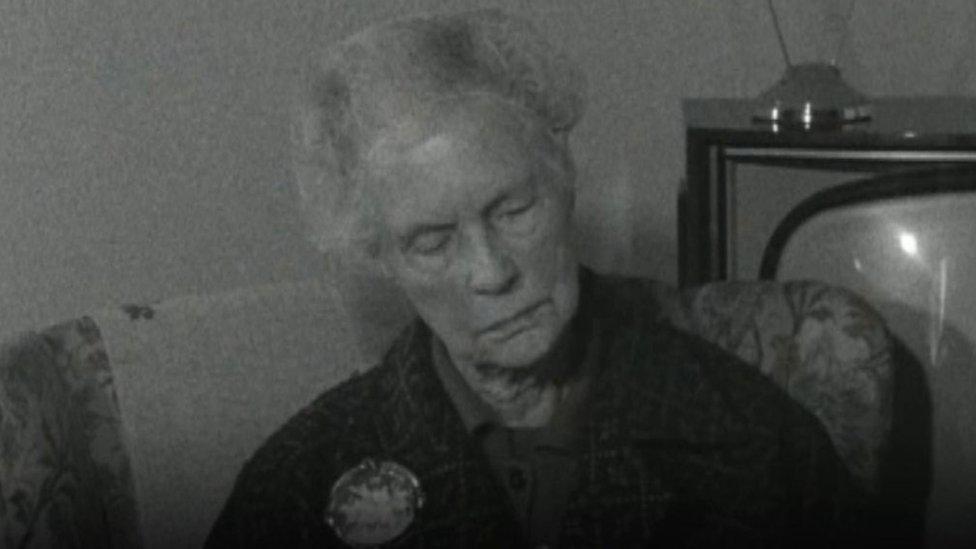
- Published10 June 2018
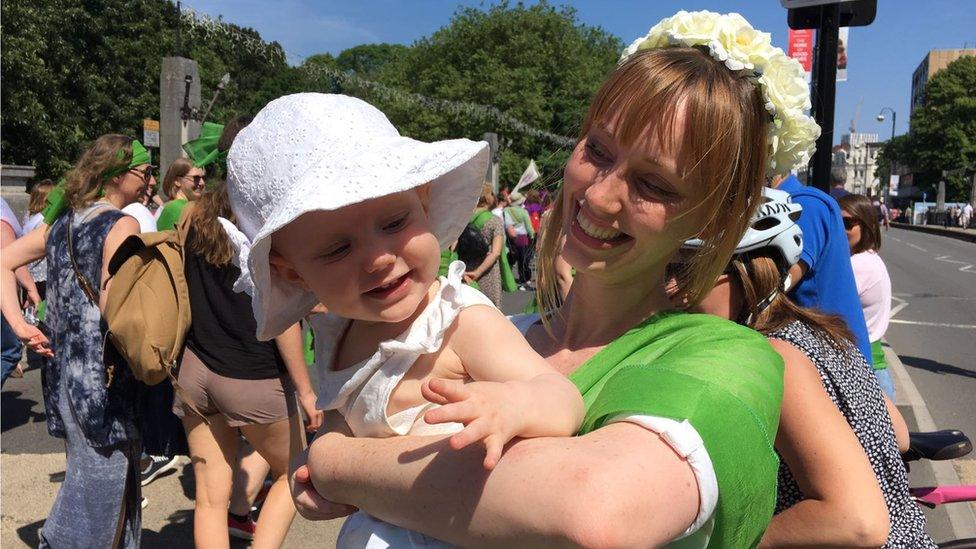
- Published6 June 2018
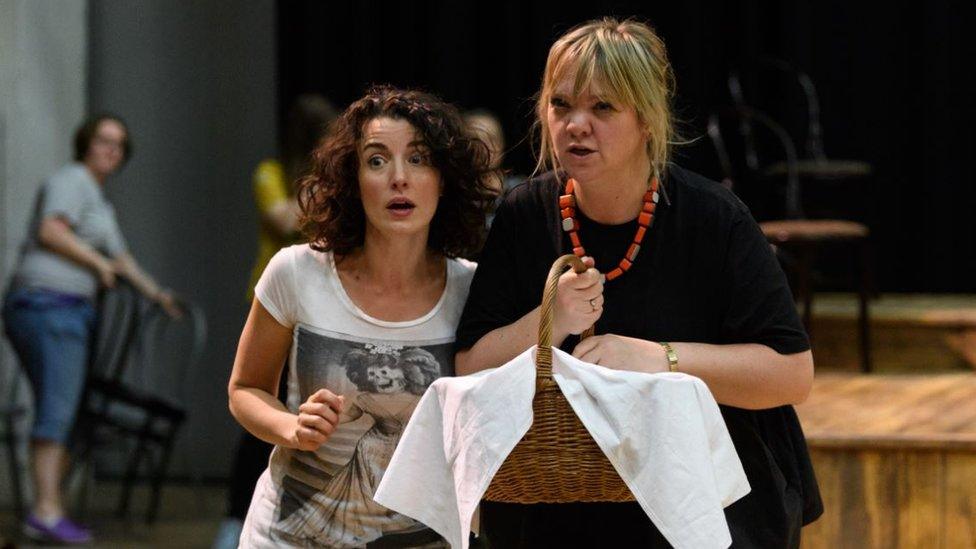
- Published1 February 2016
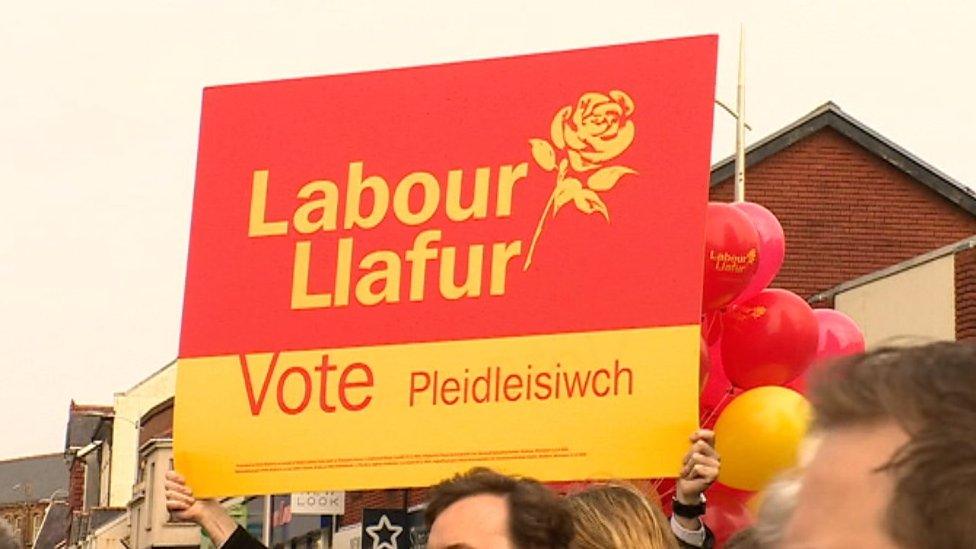
- Published2 June 2014
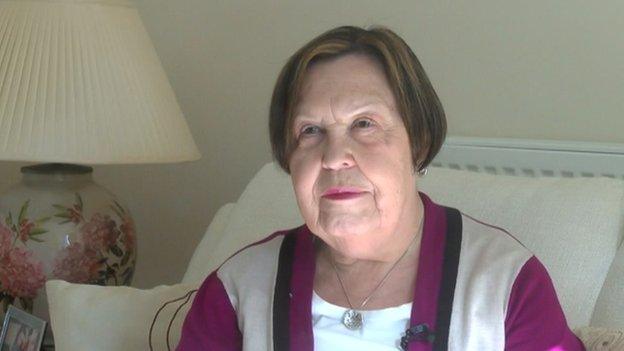
- Published13 December 2014
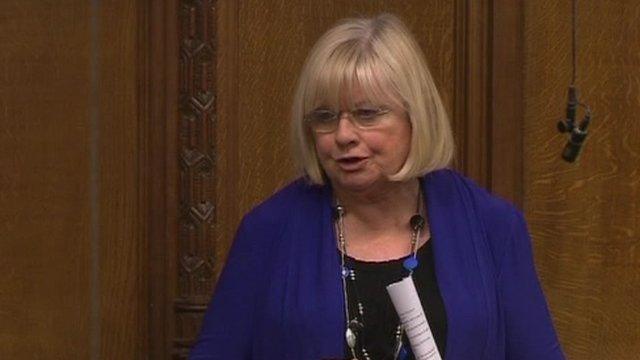
- Published13 February 2014
